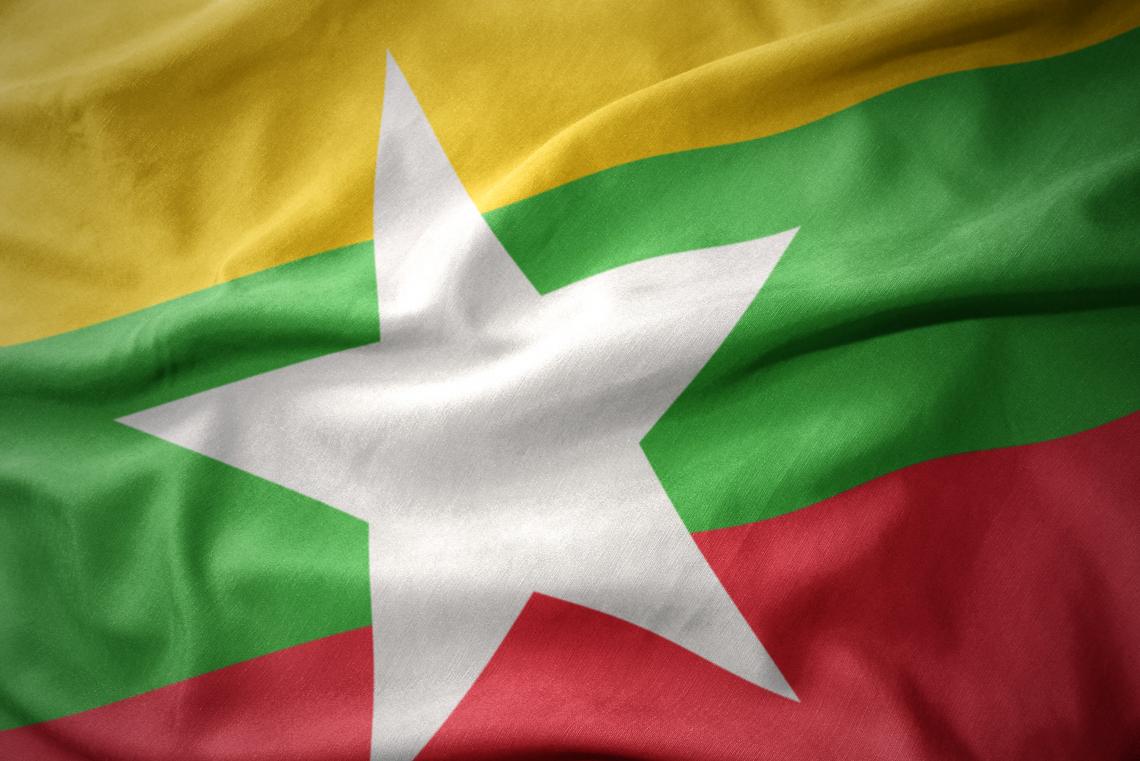Reporting through the coup
Asia Research News brings you guidance and experiences for communicating research. Join our community and communicate with confidence.
Q: How has working as a reporter in Myanmar changed since February 1?
A: It is an entirely different world. In 2019, if you were working on something really sensitive, say insider information about a member of the military or government, you might be sued, threatened or even shot (which was what happened to Myanmar Now chief editor Swe Win in 2019), but otherwise there wouldn't be a major physical threat. Now, it's very dangerous. No one knows what's next and they may not even warn you beforehand - look at our colleague Danny Fenster.
Q: How is the Frontier team continuing to operate?
A: We are highly decentralized. You won't see everyone together for morning meetings. That doesn't exist anymore. It's physically risky. Everything has moved online. But because of last year's experience with COVID-19, I think colleagues have really adapted to the virtual environment. Most of us are used to navigating the lockdown orders, and health and security challenges.
Q: How is everyone holding up?
A: It is tough. I wouldn't pretend as if this is normal, or as if everything's okay. Everything is not okay. We all agree safety comes first and are aware of the physical and cybersecurity risks, but everyone is committed. If you look at the stories we've put out, we have maintained the level and quality of professional reporting we are known for.
Q: How does Frontier approach news coverage?
A: Our approach is less about the daily news and more about feature stories, providing context and in-depth analysis. That plays to our strengths. Our mission is always to try to be very impartial, independent and professional. It is the duty for independent media to stick to its reporting, despite the censorship pressure and threats of arrests and torture. We try to be fair. We're not a mouthpiece or cheerleader for anybody. And we're not here to smear anybody either. I think that's the key. These days, we sometimes work on a long story with several co-writers and editors. We also take longer to publish a long read, spend more time going back and forth, revising, and making sure we are doing our reporting in a fair way and with the right context
Q: What roles do experts and researchers play in your stories?
A: It's not only about getting quotes and comments, but also understanding the context; that's very helpful.Especially those experts who have been studying an issue long enough and can put it in the context of not just what's happening right now, or compared to last year, but also compared to 20 years ago.
It also helps to have built up trust, so that you can ring up a diplomat, activist, politician, economist, investor or expert, and say "Hey, I'm trying to understand this particular energy tender, or this particular financial policy or this junta announcement. This is what I think. What do you think?" We just talk it through most of the time. It's not even getting a quote from them, but it's really about understanding the issue. Then we take what they have provided us and make up our own mind about how to report it.
Q: How do you establish that trust with experts?
A: It helps to build up a platform for experts to interact with journalists. That is part of our goal with our events, where we bring our journalists together with outside experts, researchers, diplomats, civil society leaders and investors. The events create a safe space to talk, debate and disagree, get to know each other, and tackle the big issues facing the country.
Q: Can you tell us more about Frontier? What sets it apart?
A: We are owned by a small, local company co-founded by Myat "Sonny" Swe, who is dedicated to truly independent journalism. You need to be owned by someone who believes in what they're doing in order to survive. Our business model right now is reader-supported with practically zero advertising since the coup. We have a membership programme for individuals and institutions who would like to support our work. Now that over 90% of the independent foreign correspondents have left the country, the local media is even more important.
Note from Asia Research News: This is a link to the Frontier website, however at the moment Frontier is not publishing any news on their website.



